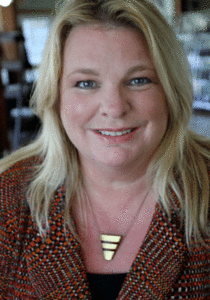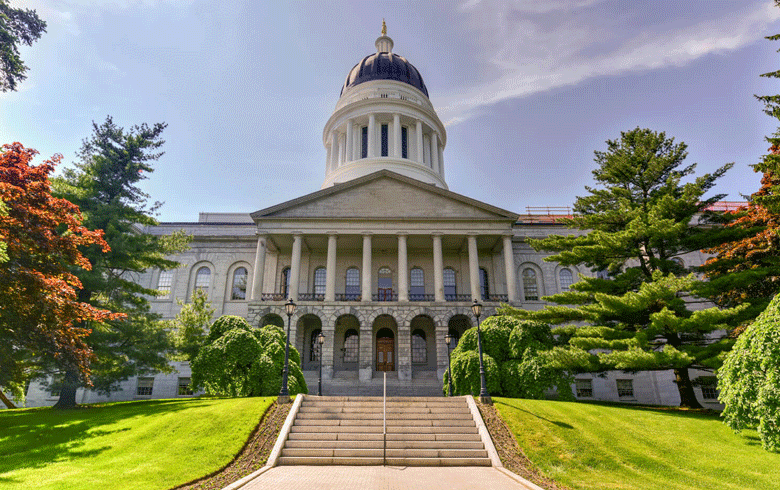When legislators in Congress and the state legislature find common interest—across the bodies in which they serve, and even across party lines—they form groups, known as caucuses. It’s a strategic way to exert power, to offer support for ideas as a voting bloc.
One such group in the Maine legislature is devoted to coastal issues, though its leader, Rep. Lydia Blume, D-York, says no Republicans currently attend her group’s meetings.
Blume formed the coastal caucus in 2015, during her first term.
“The coast has been dealing with climate change more overtly.”
“I just decided that I represent a coastal community,” she remembers, “and I was very concerned about sea level rise and I wanted to help other communities deal with it.”
Rather than merely rallying the troops for votes, Blume has used the group as a means of educating herself and her coastal colleagues.
“There are so many citizen legislators, and we need to learn so we can do a better job,” she said.
Sen. David Miramant, D-Camden, gives Blume high marks.
“It’s one of the better caucuses. It’s not a time-waster,” he said. “She has consistently done a good job of bringing in good speakers.”
Attendance, which includes members of both houses, generally is in the 20-30 range, she said, though its Dec. 15 meeting drew 40 legislators.
In addition to sea level rise, the caucus has discussed coastal erosion and offshore wind power. Cruise ships, tourism, the fishing industry, and ocean acidification also have been topics. A common theme, though, is climate change.

“The coast has been dealing with climate change more overtly,” Blume observed, and in fact, as of 2019, the group has been renamed the Coastal and Climate Action Caucus. “The climate crisis affects so many areas,” she said, everything from health to transportation. Even internet access has a climate component, she argues, because if more homes have broadband, there would be less vehicle travel.
The Climate Council’s recommendations come before the legislature that begins its work this winter, and Blume believes the time is ripe for its serious consideration.
“Since 2015, the awareness has increased incredibly. I think we’re on a positive trajectory that this is reality,” she said.
Though state action on climate change is critical and likely, she notes that impacts will be on the local level.
“When it comes to resiliency and adaptation, it’s up to the communities, and we need to make sure they have the resources,” she said.





